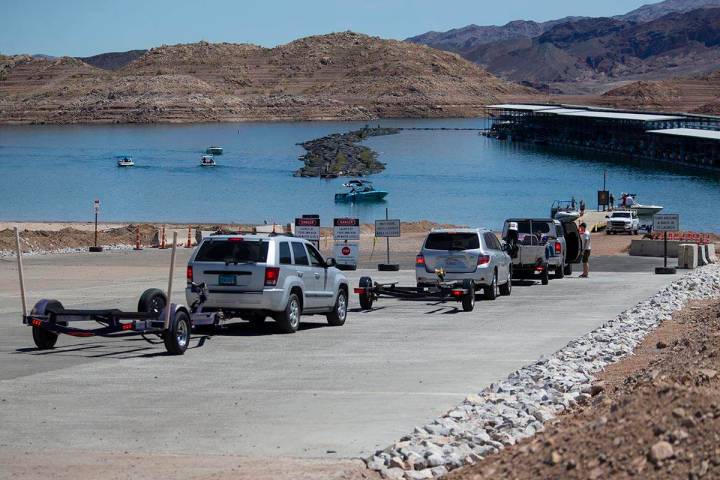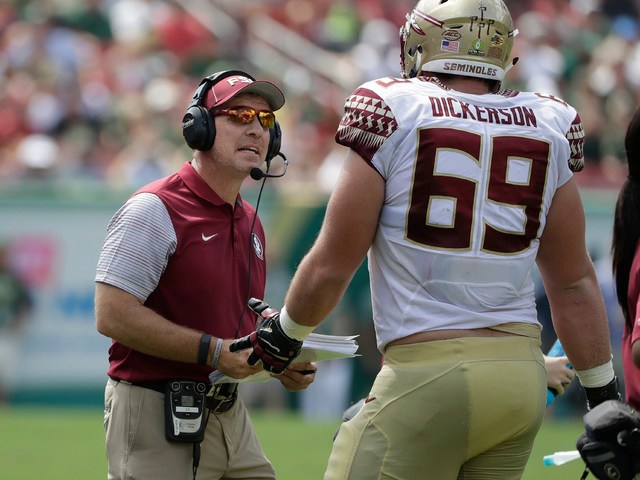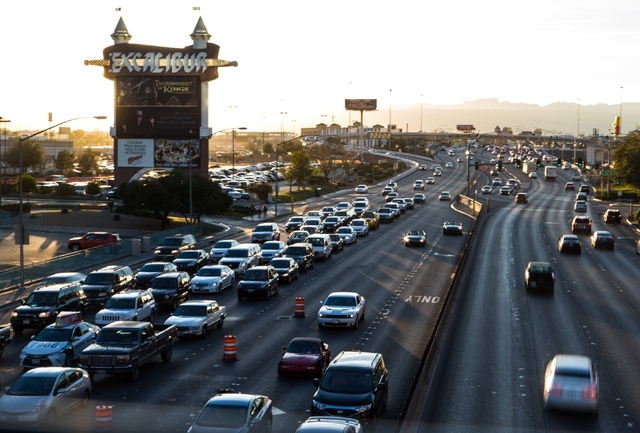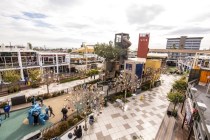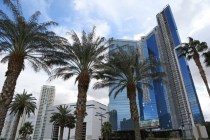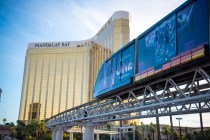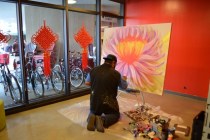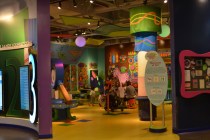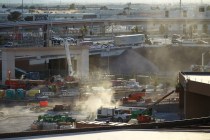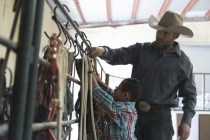A National Park Service spokesman says it is not possible to say why visitors to Lake Mead National Recreation Area dropped off without further research.
Special Features
NEW YORK — Since the pandemic, Elizabeth Hulanick has turned to toys from her childhood to relieve stress.
THIS WEEKEND’S SCHEDULE
Best Desserts, Best Dog Park and Best Showroom were among awards presented Saturday at the 35th annual Best of Las Vegas Awards inside The Venetian Theatre.
As the tourism industry rebounds, the question looms: Does Las Vegas still hold the same appeal to the consumer as it did prior to the recession?
Nationally, Las Vegas is known as the city of slot machines and 24-hour strip clubs. Billboards serve as a constant reminder of all “Sin City” has to offer. But venture off the Strip and beyond downtown, and you’ll find parts of the valley that resemble any other piece of suburban America. So, why do we get such a bad rap when it comes to raising families?
The skies above Las Vegas were sunnier than ever right before 2008. Business was booming, and tourism rates were soaring. Times were good.
Need groceries or a new coat? Just swipe your credit card. According to CardHub.com, a credit card comparison website, Americans were on track to surpass $900 billion in credit card debt by 2015’s end.
In the early 2000s, Las Vegas was on the upswing for population, employment and housing growth. But at the downturn of the recession, Southern Nevada found itself on the wrong side of the curve.
Southern Nevadans just lived through a once-in-a-lifetime recession. While it’s unlikely the next dip is going to be as dramatic as 2008, there’s little doubt it’s coming.
It was anything but drama-free on the local theater scene in various regards during the recession years. The economic downturn in 2008-09 caused Las Vegas Valley residents to tighten their belts when it came to spending on nonessentials such as entertainment.
While many family-focused attractions from M&M World to Adventuredome at Circus Circus have remained on the Strip, others have closed, moved or changed focus.
Las Vegas wasn’t alone in the construction crisis. The U.S. Census Bureau reports that more than 60 percent of construction workers displaced by the housing bust either left the labor market by 2013 or found employment in other industries.
Kathy Bastian felt firsthand the impact of the spiraling economy four years after the recession.
The recession’s effect on the gaming and tourism industries also trickled down to impact small businesses around the valley. However, Las Vegans dusted themselves off and moved forward. In 2014, Forbes named our city one of the 12 best in which to start a business.



